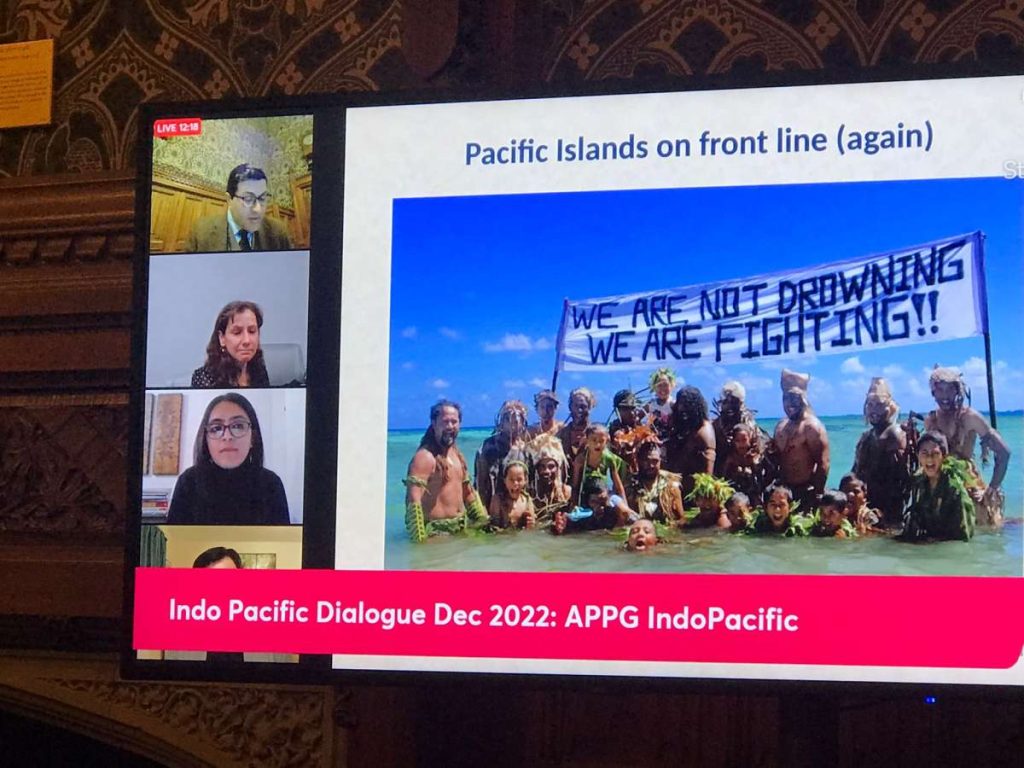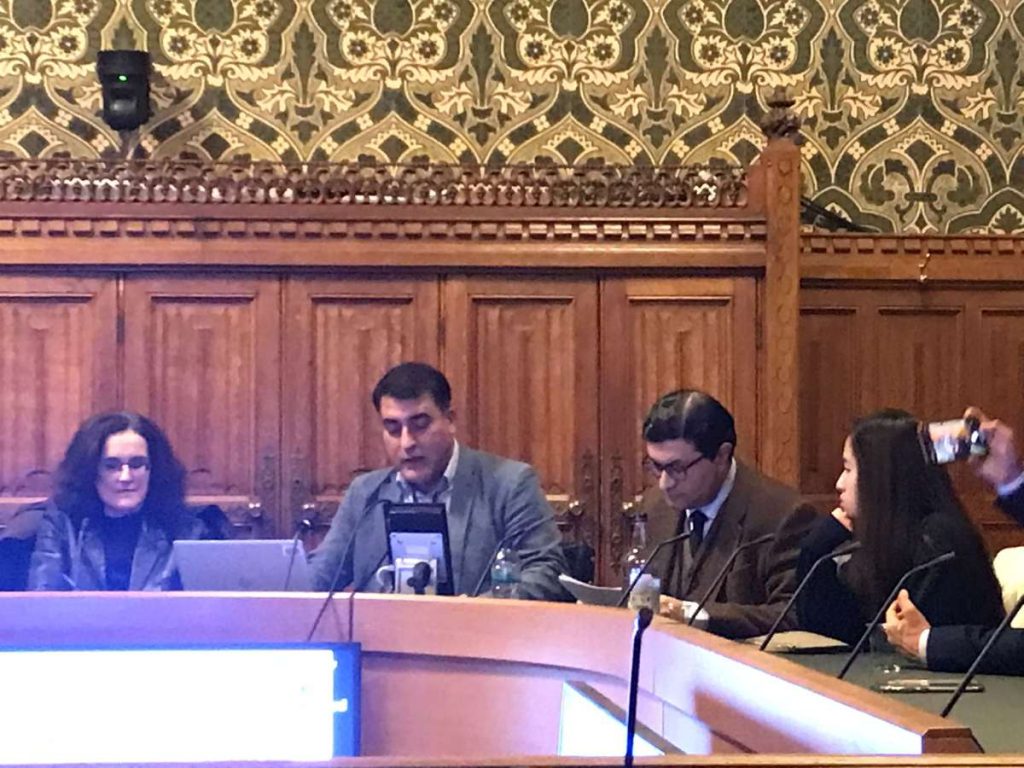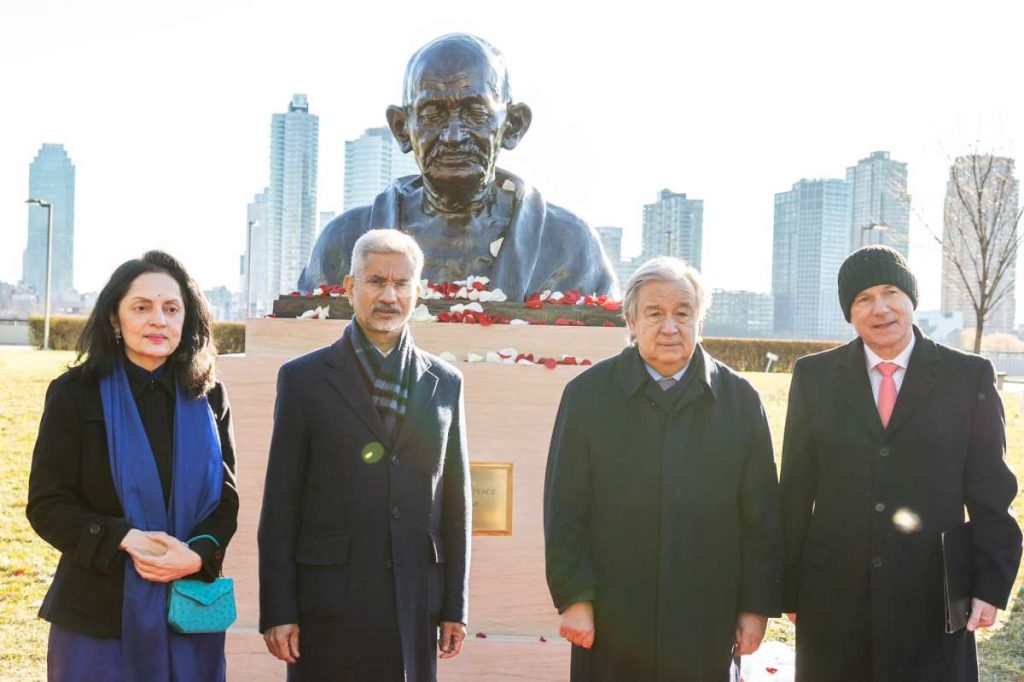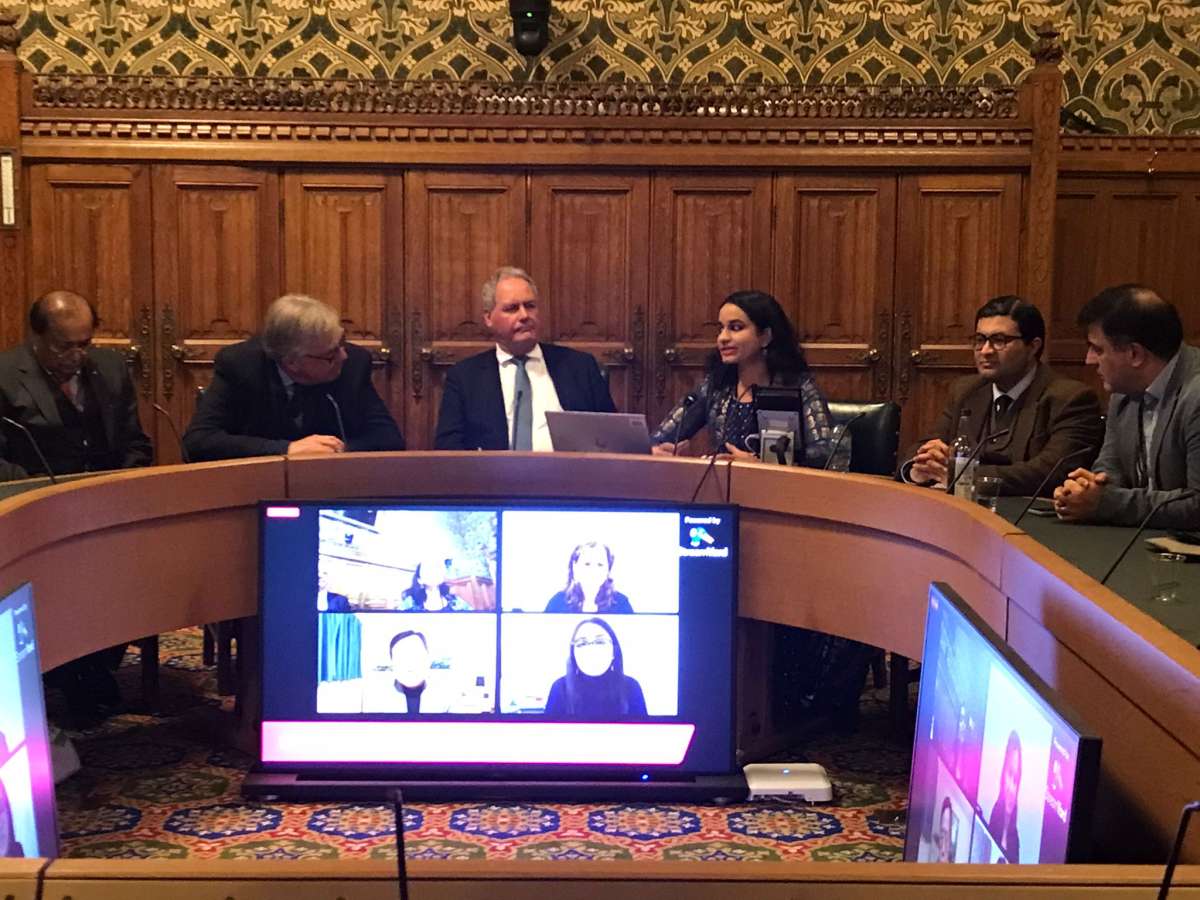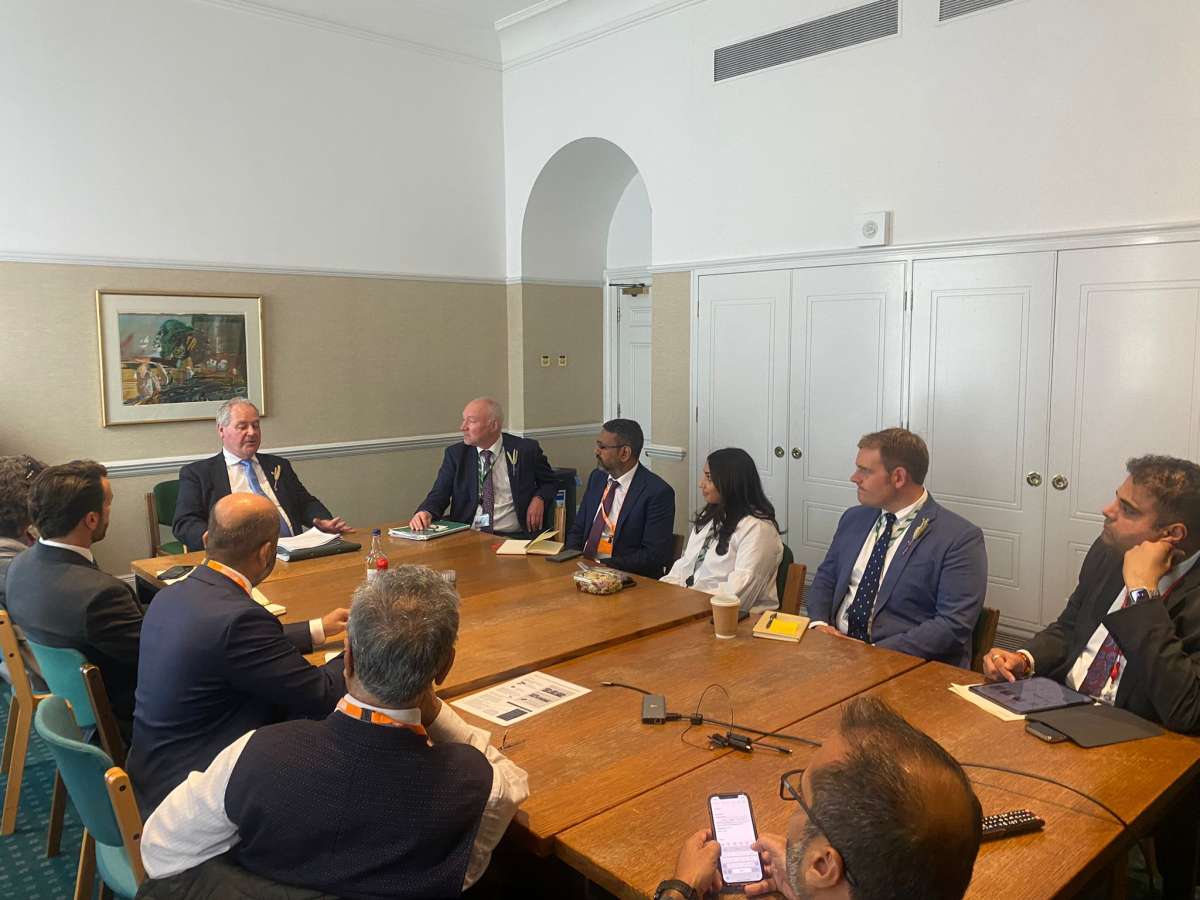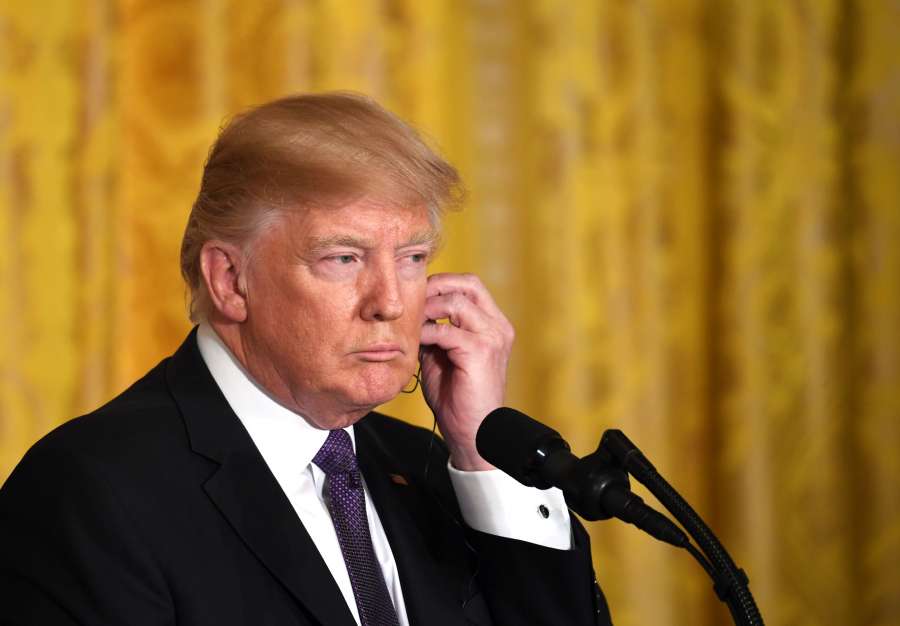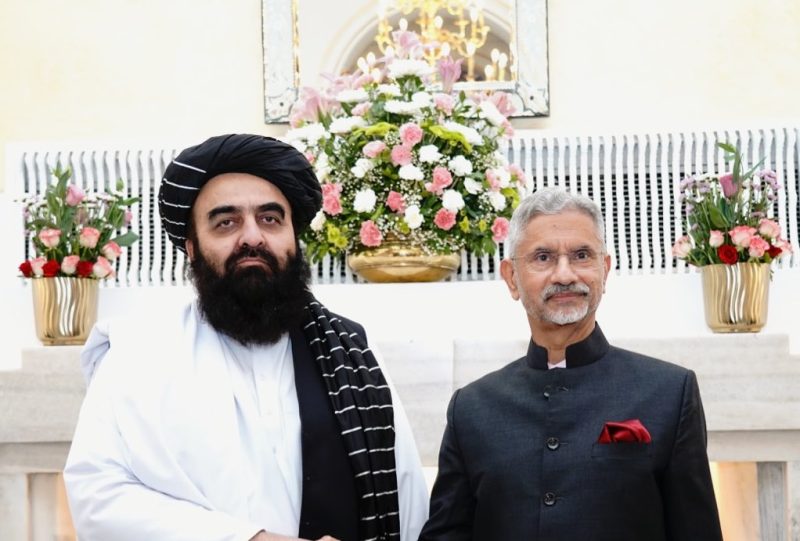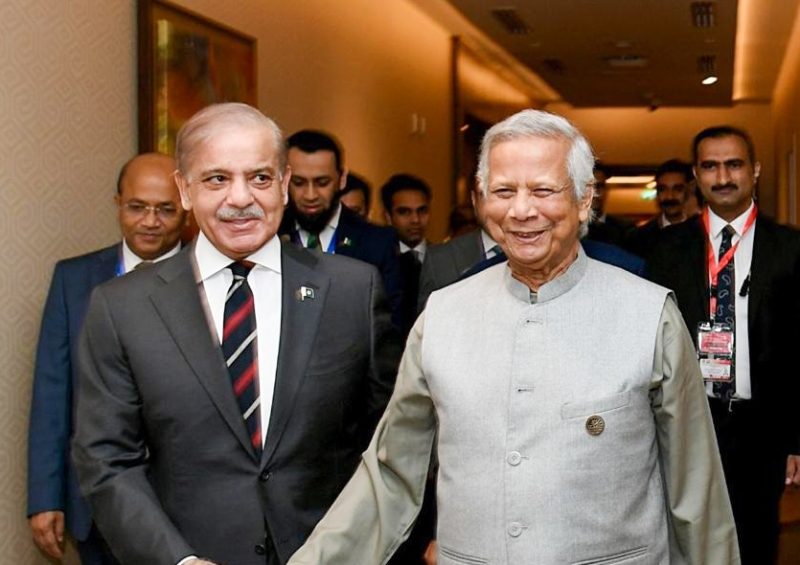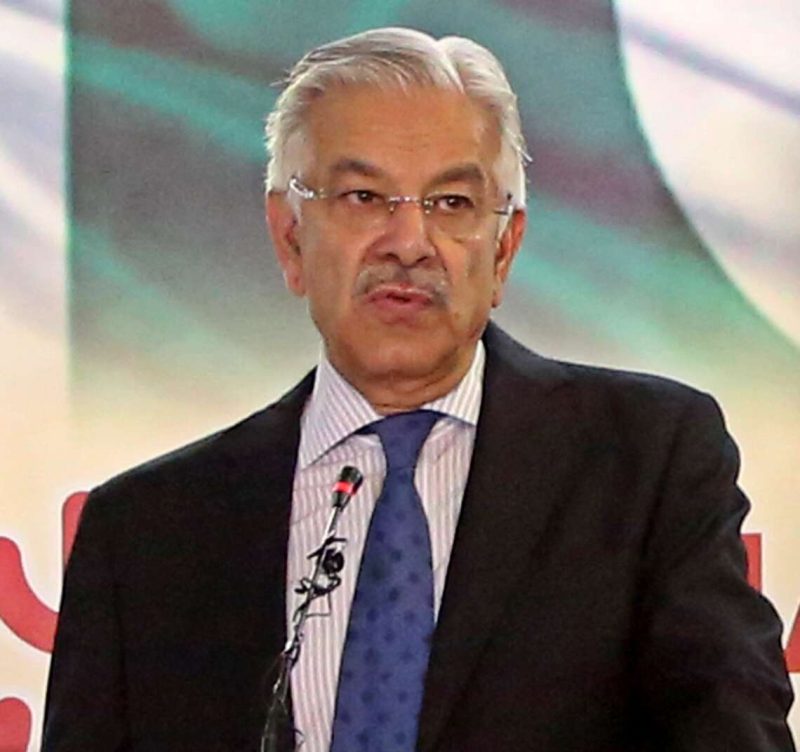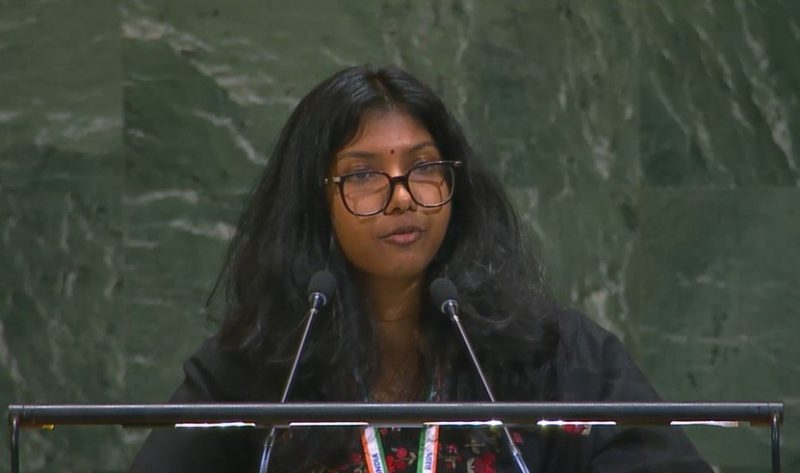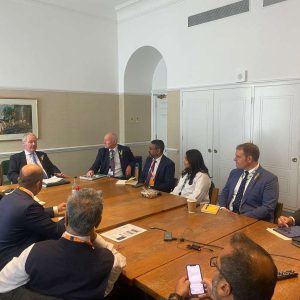The Indo-Pacific Dialogue, an initiative of the Indo-Pacific APPG, was held in the houses of parliament. The event was attended by a number of MPs & Lords including MP Bob Blackman, Chair APPG Indo Pacific, MP Theresa Villiers, Vice Chair, Lord Waverley, Vice Chair and Lord Rami Ranger, Vice Chair. A special report
The Indo-Pacific is emerging as one of the most important geopolitical regions in the world. Despite recent trends and the rise of nationalism and sub-nationalism in political discourse, the transnational interests of countries today have in reality moved well beyond the strict geographical categorisations of earlier times.
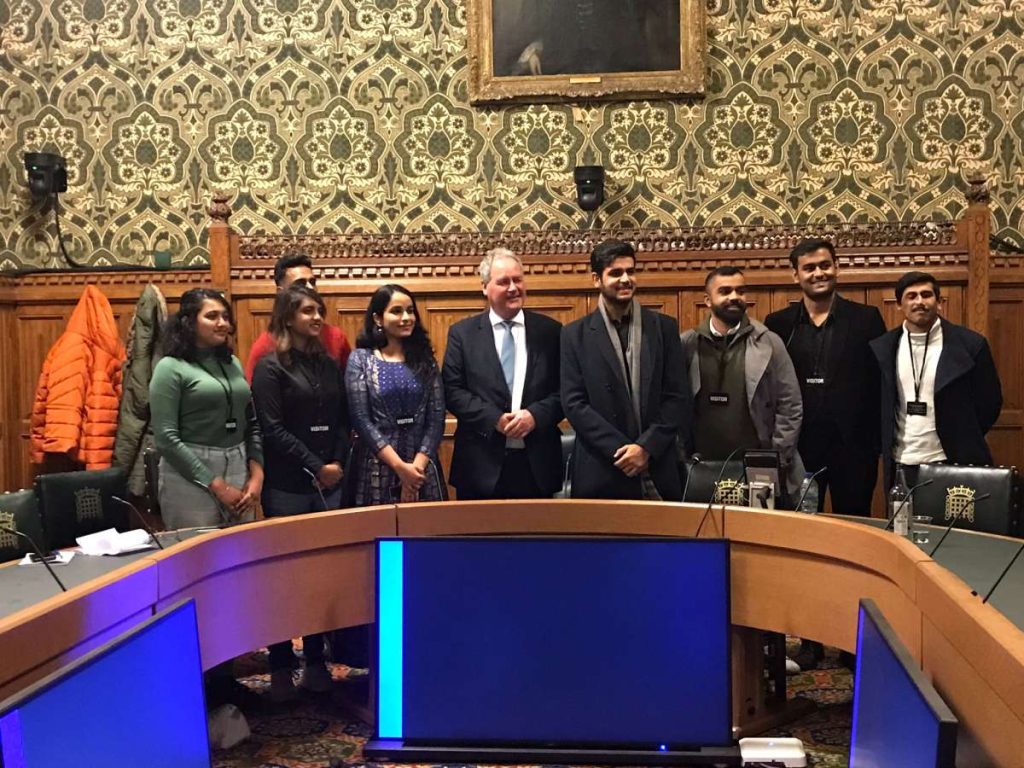
The region is made up of 14 countries: Australia, Bangladesh, Burma, India, Indonesia, Japan, Malaysia, New Zealand, Philippines, Singapore, South Korea, Taiwan, Thailand, and Vietnam. The Indo-Pacific region is one of the greatest current and future engines of the global economy.
In a narrow sense, sometimes known as the Indo-West Pacific or Indo-Pacific Asia, it comprises the tropical waters of the Indian Ocean, the western and central Pacific Ocean, and the seas connecting the two in the general area of Indonesia.
Across much of the Indo-Pacific region, the Chinese Communist Party (CCP) is using military and economic coercion to bully its neighbours, advance unlawful maritime claims, threaten maritime shipping lanes, and destabilize territory along the periphery of the People’s Republic of China (PRC).
The Indo-Pacific dialogue event had an esteemed panel of speakers who provided a detailed insight into the emergence of the Indo-Pacific as a region of significance and explored the need for the UK to engage more proactively on the Indo-Pacific framework. Cleo Paskal, Burzine Waghmar, Prof Steve Tsang, Eerishika Pankaj and Siri Prasad shared their opinions.
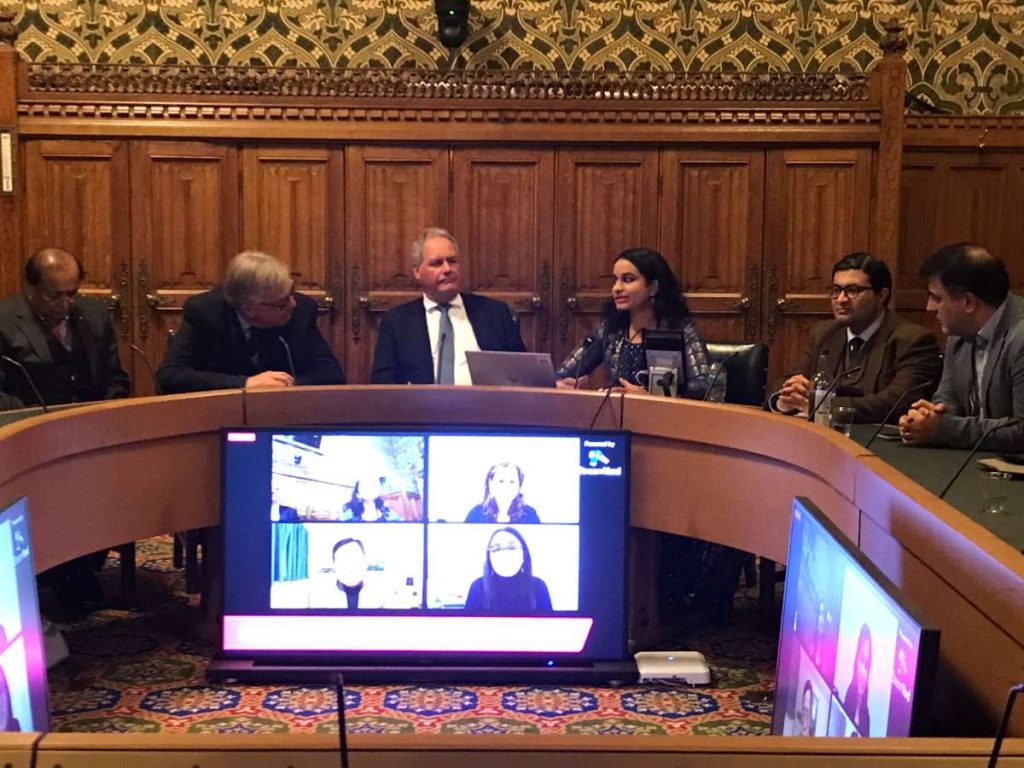
Cleo Paskal, Non-Resident Senior Fellow for the Indo-Pacific at the Foundation for Défense of Democracies, Senior Fellow at the Usanas Foundation, and Fellow at the Conference of Defence Associations Institute spoke about the PRC influence operations in the Pacific Islands. She provided deep insight into the Chinese manoeuvring in the pacific islands over many years.
Burzine Waghmar, inaugural Visiting India Fellow, Royal United Services Institute (RUSI), London, comments on the Legacy Lessons for the Indo-Pacific & Quad. He urged the UK to become a partner with the Indo-Pacific alliance and play a role both in the diplomacy and the maritime security of the region. Mr Waghmar is also the South Asia and Arts & Humanities Librarian; and academic affiliate at the Centre for Iranian Studies, Centre for the Study of Pakistan and SOAS South Asia Institute, School of Oriental and African Studies, London (SOAS).
Prof Steve Tsang, the current Director of the SOAS China Institute at the SOAS University of London, spoke about the need for the UK to have a clear and well-defined Indo-Pacific Strategy in light of the resurgence of China and its implications for the Indo-Pacific region as a whole. Prof Tsang also spoke about the Chinese perception of the western alliance and diplomacy in the region and the need to continue to engage with China, but on the terms of global world order.
Prof Tsang is also a political scientist and historian whose expertise includes politics and governance in China, Taiwan and Hong Kong, the foreign and security policies of China and Taiwan, and peace and security in East Asia.
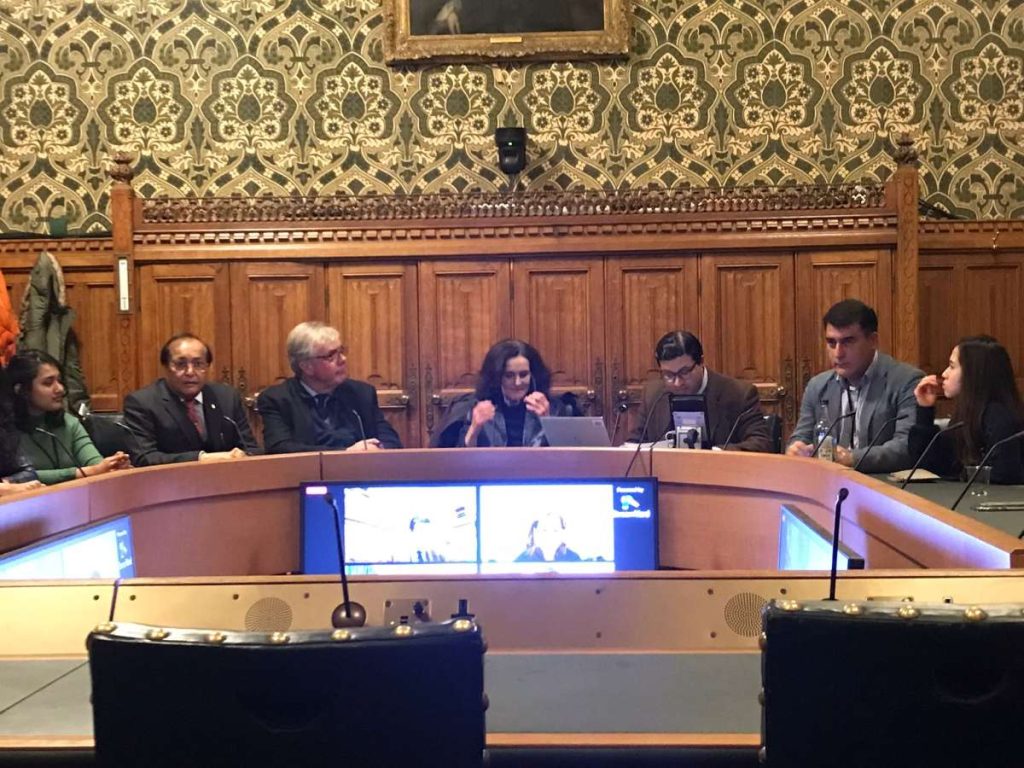
Eerishika Pankaj, the Director of New Delhi-based think-tank, the Organisation for Research on China and Asia (ORCA), which focuses on decoding domestic Chinese politics and its impact on Beijing’s foreign policymaking, spoke about the UK in Indo-Pacific frameworks: View from India amidst a Rising China challenge and emphasised the need for the UK to engage with likeminded democracies on the Indo-Pacific dialogue.
Siri Prasad, an Advocate & Masters’s Student at LSE, spoke about her experiences in the UK and emphasised the need for better collaboration between UK and India on technology and digital technologies.
The seminar was concluded by remarks from Lord Ranger, and Lord Waverley besides closing comments by the Chair MP Bob Blackman.



